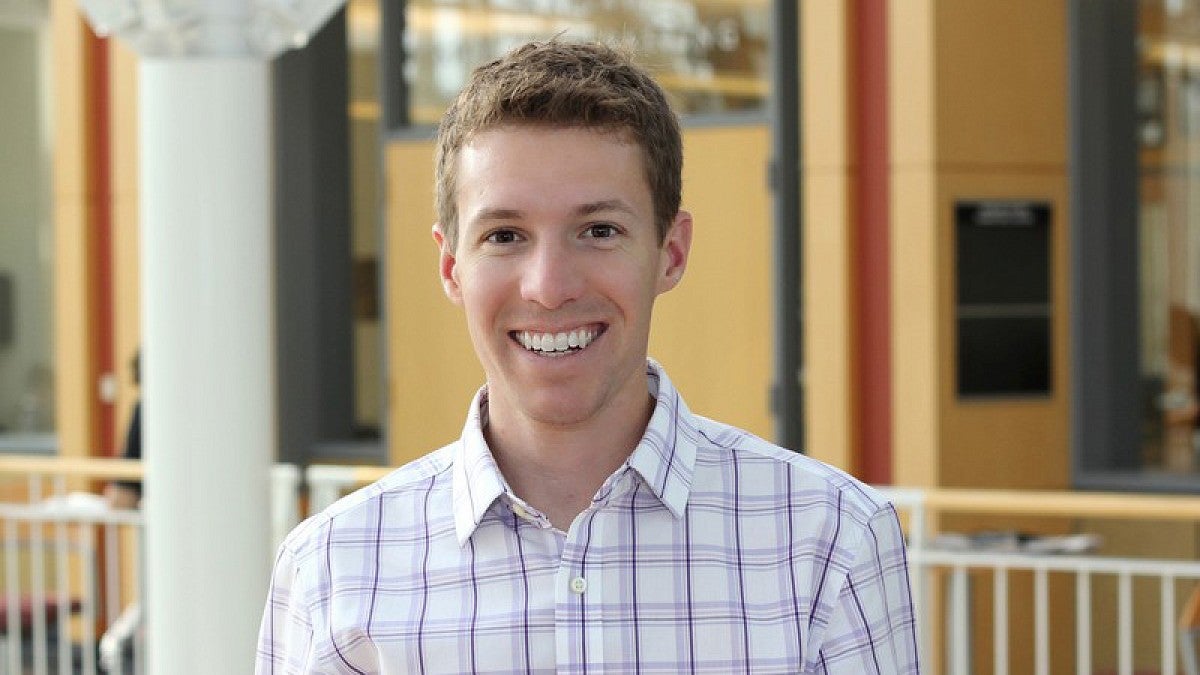One Olympic snowboarder is a part-time plumber. Another is a mechanic.
The U.S. is one of only three countries that does not provide government funding for its Olympic athletes. In order to afford their training, travel and equipment, many Olympians must work day jobs or seek crowdfunding.
Craig Leon, the master’s degree program manager for the UO’s Warsaw Sports Marketing Center, wrote an article for The Conversation about how Olympians pay their bills while pursuing their dreams. It was republished in The Los Angeles Times.
Some athletes receive stipends to support their training. The U.S. Olympic Committee, an independent nonprofit which receives funding from the International Olympic Committee, handed out $84.7 million in grants in 2016.
However, the stipends are often meager — some only amount to $1,000 per month. The sports that tend to receive the most medals, like swimming and skiing, receive more funding than the rest.
Sponsorships are hard to come by, especially for athletes in low-profile sports, and training expenses can add up to tens of thousands of dollars per year.
“Making that kind of money from athletics is just not possible for most Olympians — especially athletes who excel at less lucrative sports, such as curling or archery,” Leon writes.
Over 800 athletes turned to GoFundMe, a crowdsourcing website, to fund their way to the Rio Olympics. Others split their time between training and working part- or full-time jobs.
“So the next time you watch your country’s Olympic contenders compete, remember that these elite athletes probably had to overcome financial hardships before they could represent the U.S. at the games,” Leon writes.
For the full story, see “The other feats US Olympians pull off.”
Leon is a runner who competed in the Pan-American Games in 2015.


